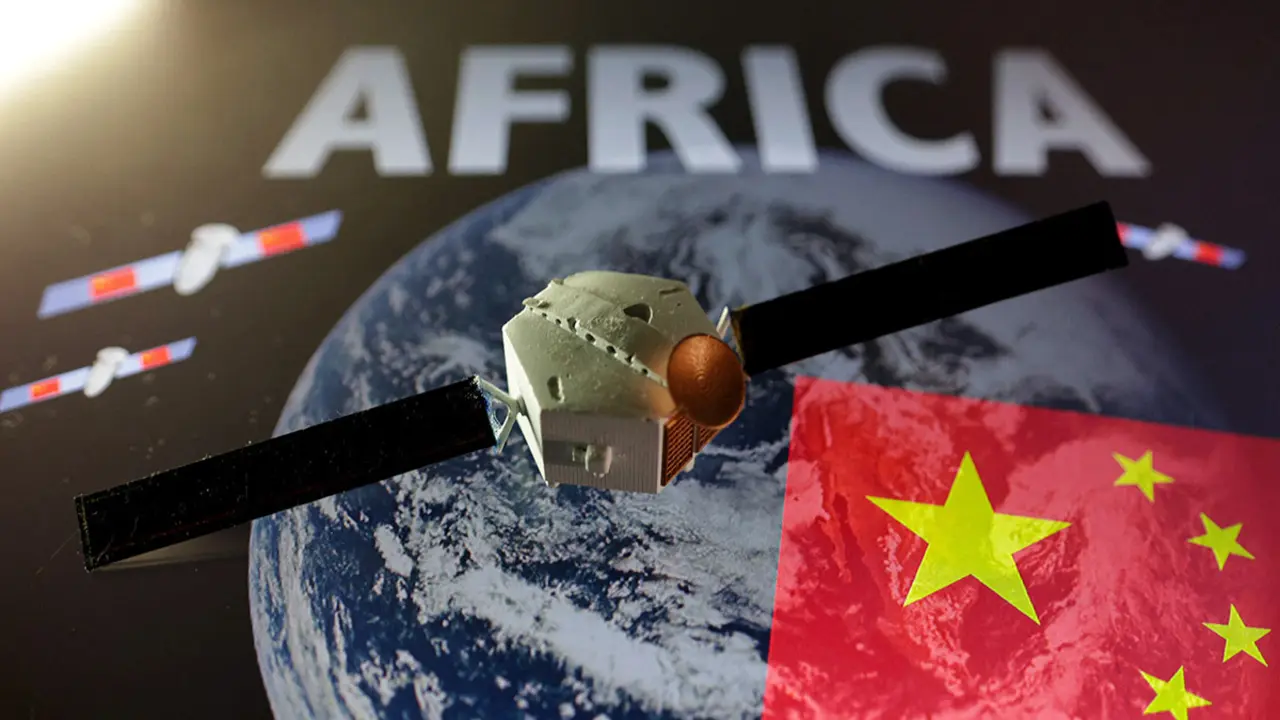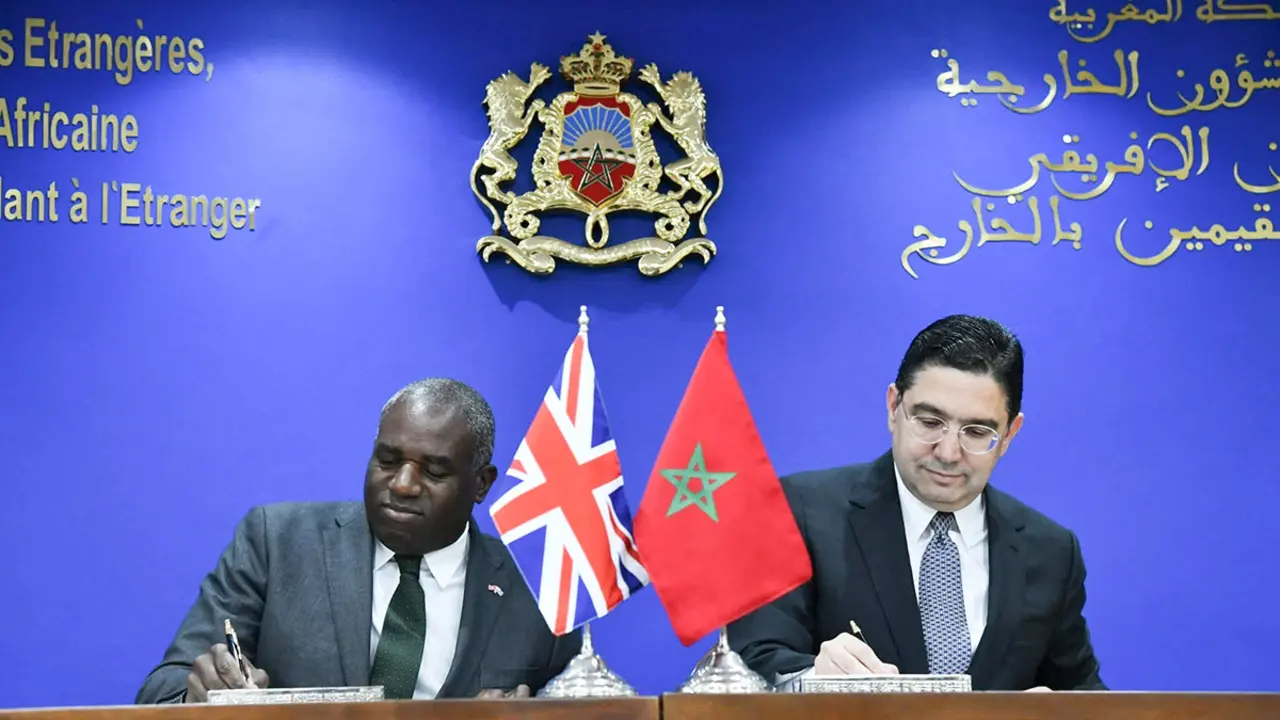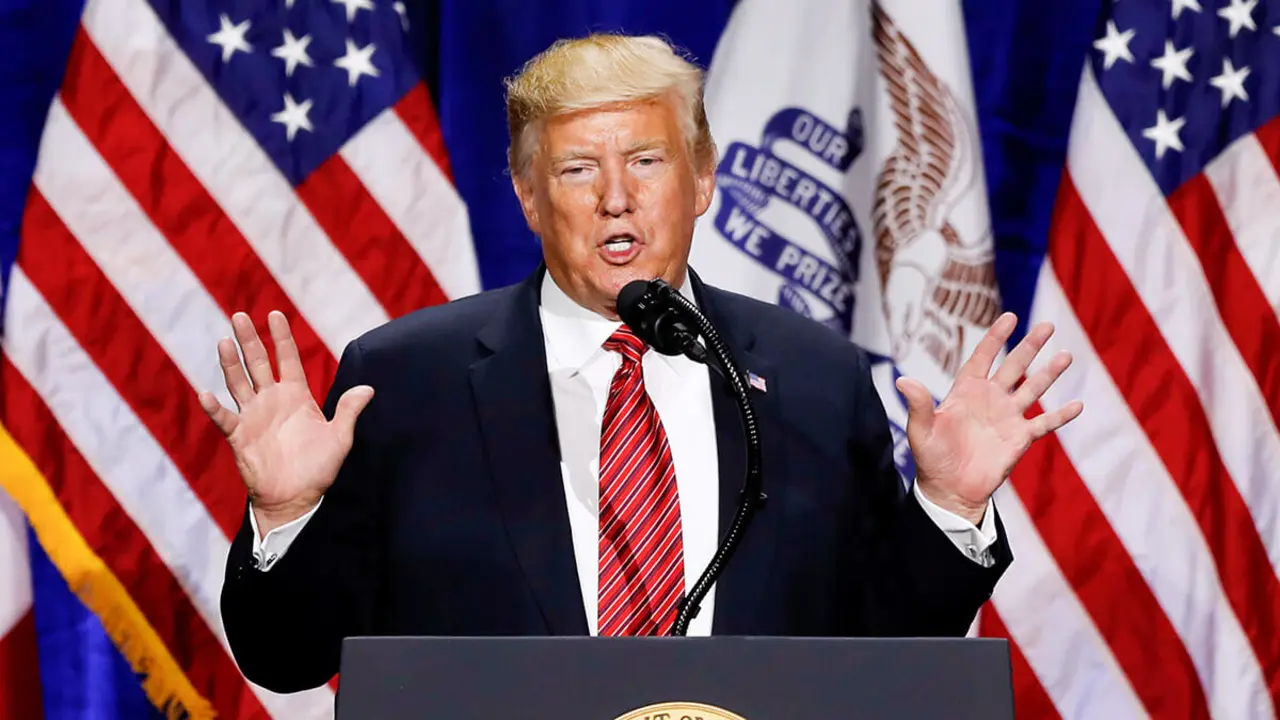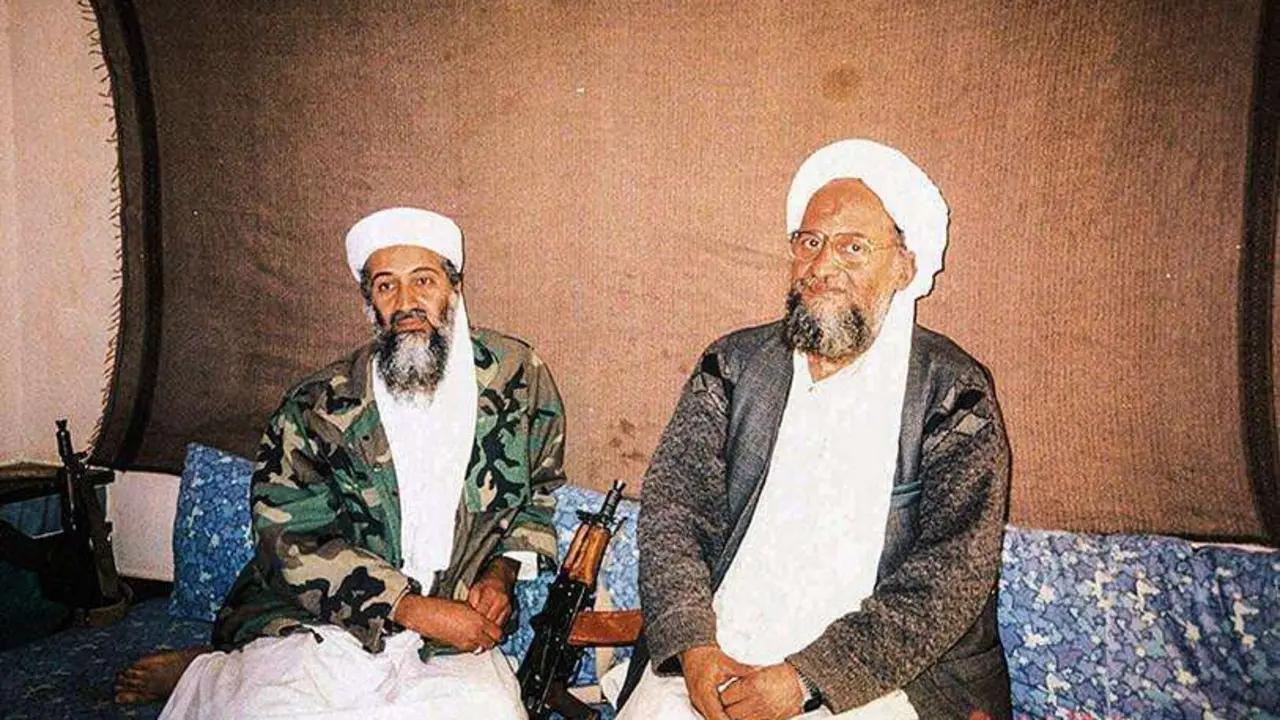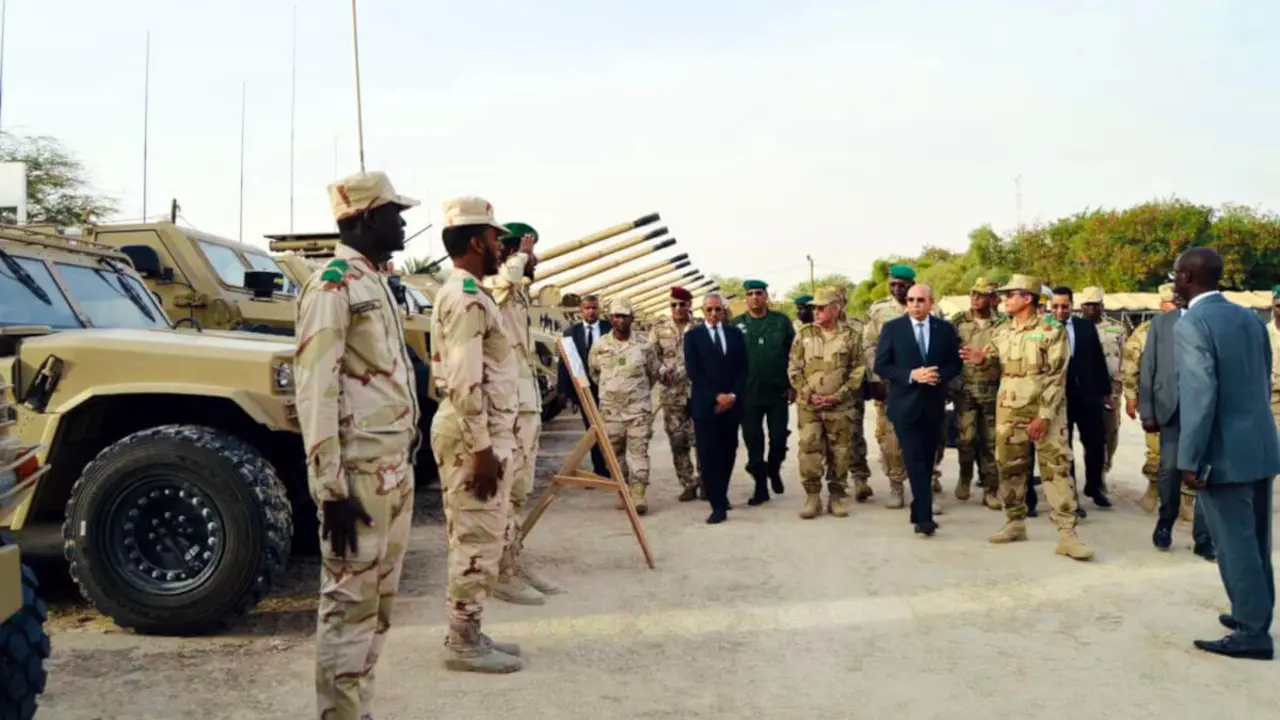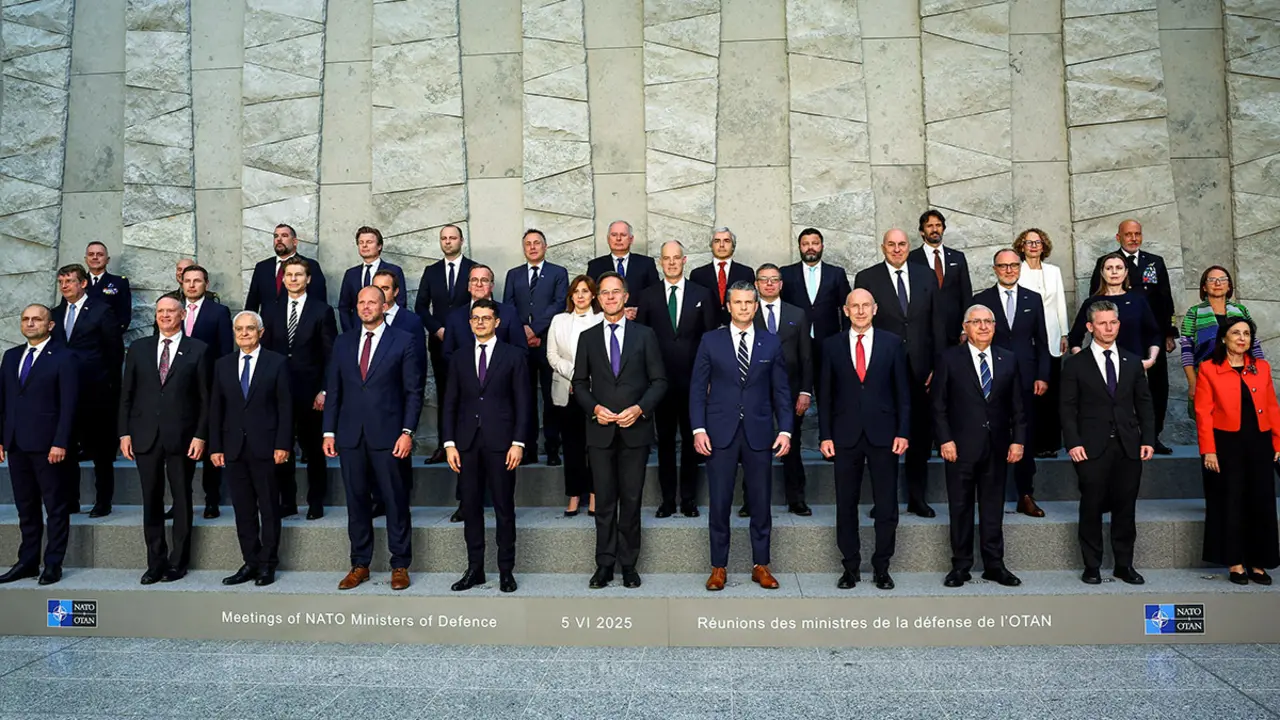The United States sends defensive support to its partner country, the United Arab Emirates, in the face of Houthi attacks
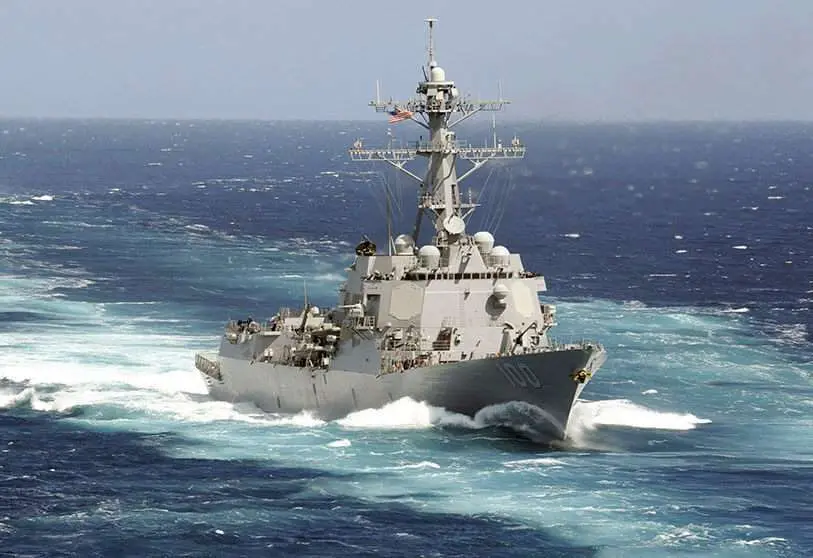
The United Arab Emirates has been under attack since the beginning of the year by Iranian-backed Houthi insurgents. The most recent attacks took place at an oil storage facility, an industrial zone near Mussafah, and at Abu Dhabi airport, where three people were killed and six injured. The latest foiled attack, which was decisive for US assistance, took place during the visit of Israeli President Isaac Herzog.
The rebels began sending attacks against the UAE after suffering a series of military defeats in Yemen led by the Giant's Brigades, a group of fighters armed and trained by the UAE. Also, in early January, rebels raided an Emirati-flagged ship, claiming that the vessel was carrying arms, a fact denied by the Emirati state. The Gulf state is suffering such missile attacks because of its support for the Yemeni government alongside Saudi Arabia, both of which allied themselves with Yemen through a coalition, with the aim of ending the war launched by the Houthis against the legitimate Yemeni government.
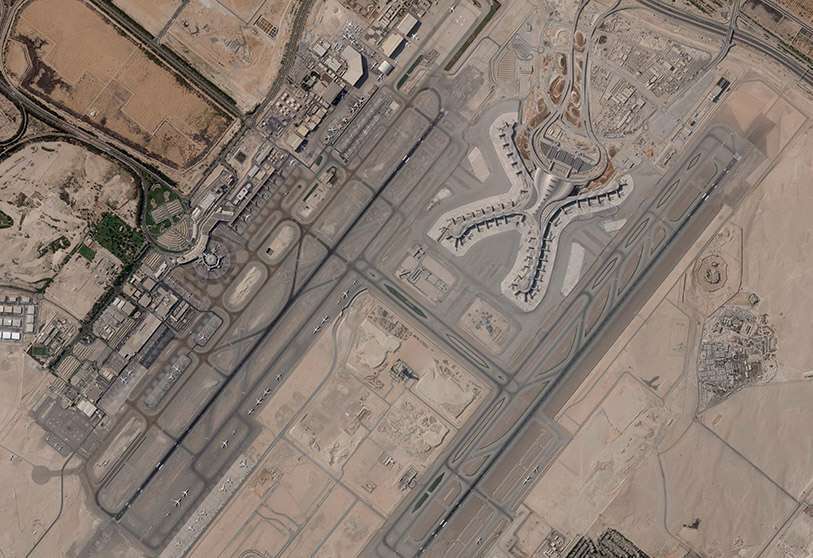
The United States, as a partner of the United Arab Emirates, has decided to send a guided-missile destroyer and a number of state-of-the-art fighter jets and warships to help the country defend itself against Houthi attacks. In this way, the US will significantly arm the UAE. This decision follows President Joe Biden's pledge to defend his Middle Eastern ally against the Houthis.
According to information relayed by the US Embassy in Abu Dhabi and following a phone call between Defense Secretary Lloyd Austin and Abu Dhabi Crown Prince Mohamed bin Zayed al-Nahyan, the deployment is to "assist the United Arab Emirates against the current threat". Both " discussed the recent Houthi attacks against the UAE that caused civilian casualties and also threatened the US and Emirati Armed Forces stationed at Al-Dhafra airbase," the embassy confirmed in a statement. This information was reconfirmed by the defence secretary via Twitter, where he also condemned the Houthi attacks and threats.
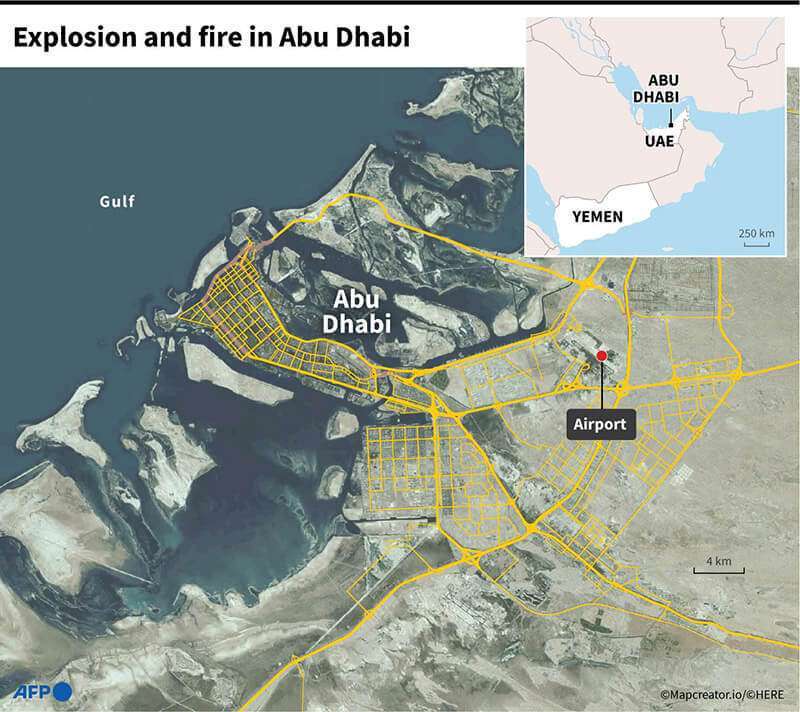
One of the main actions established in the new agreements between the two states is the partnership of the guided missile destroyer USS Cole with the United Arab Emirates Navy, which will first call at the port of Abu Dhabi. Incidentally, the USS Cole was the target of a suicide attack by the Al-Qaeda terrorist group in the port of Aden, southern Yemen, in October 2000. The attack killed 17 US sailors and wounded 37 individuals.
In turn, the US will deploy fifth-generation fighter jets. Other actions, the embassy said, are to "continue to provide early warning intelligence and to assist in air defence". Also, the diplomatic institution reaffirmed that the US was a staunch ally of both the UAE and Saudi Arabia, making the deployment "a clear signal that the United States supports the UAE as a longstanding strategic partner".
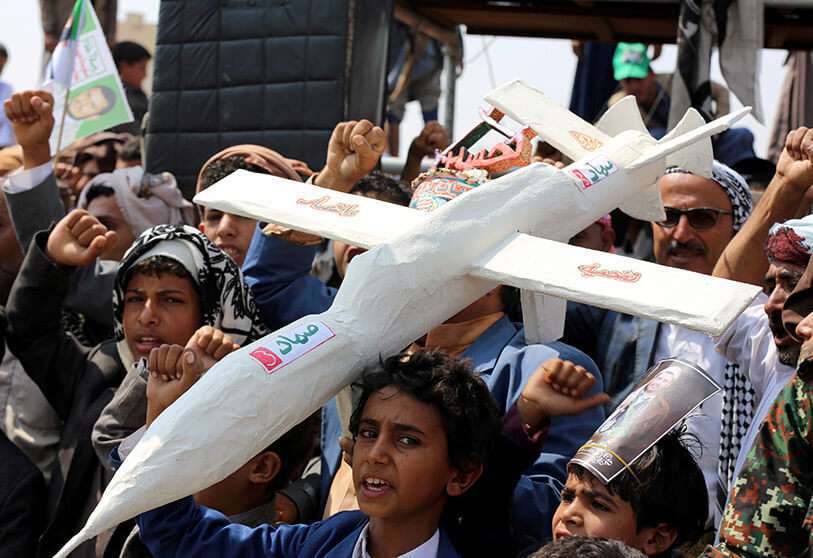
In response, Houthi military spokesman Yahya Sarea threatened to "widen the targets of attack". Sarea warned the states that have been part of the coalition intervening in Yemen since 2015 that "they will receive more painful blows" if they do not stop providing aid to the Yemeni government. The United Arab Emirates, for its part, announced in 2019 that it would reduce its military intervention in Yemeni territory, but today it continues to play a key role in the conflict.
Attacks by Houthi insurgents have only increased tension in the Gulf, while differences have been growing in international talks over the revival of Iran's 2015 Vienna nuclear deal, signed between Iran and the world powers of China, France, Germany, the United Arab Emirates and the United Kingdom.

